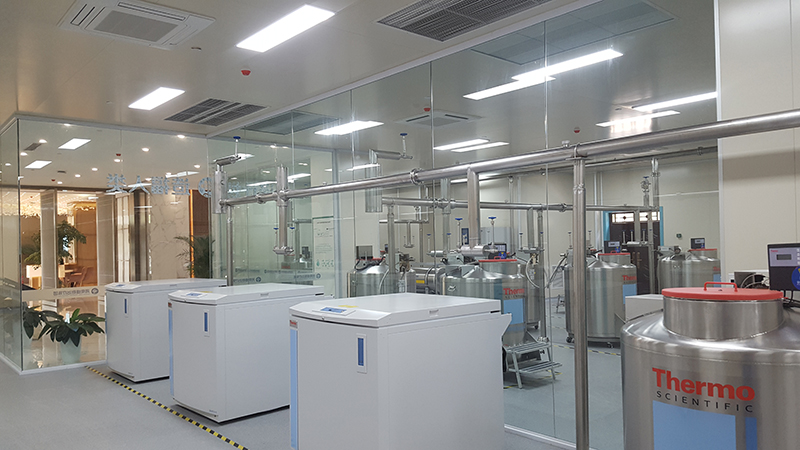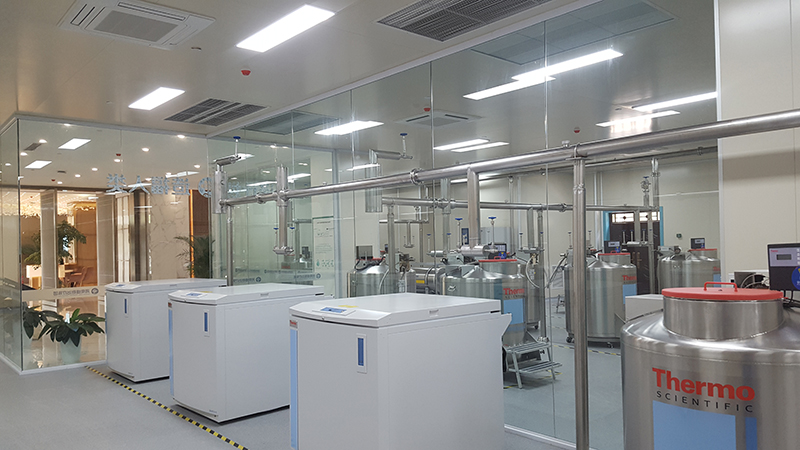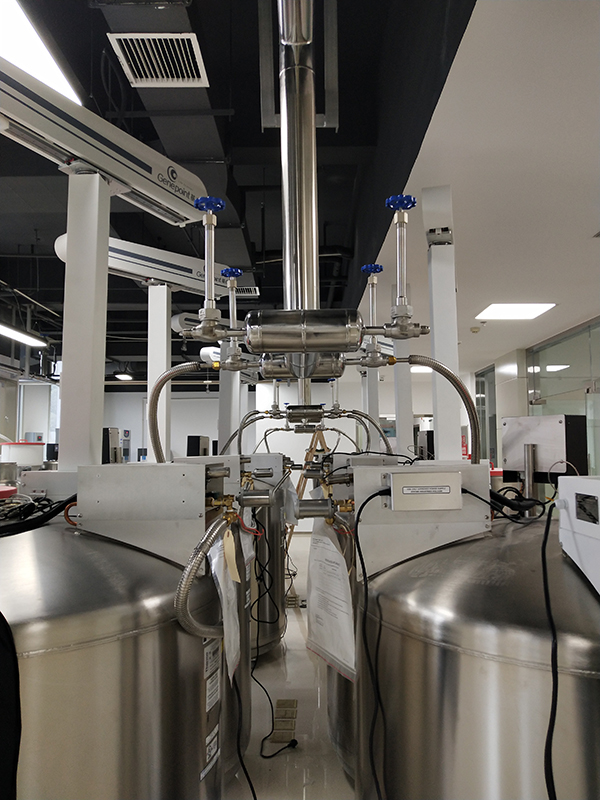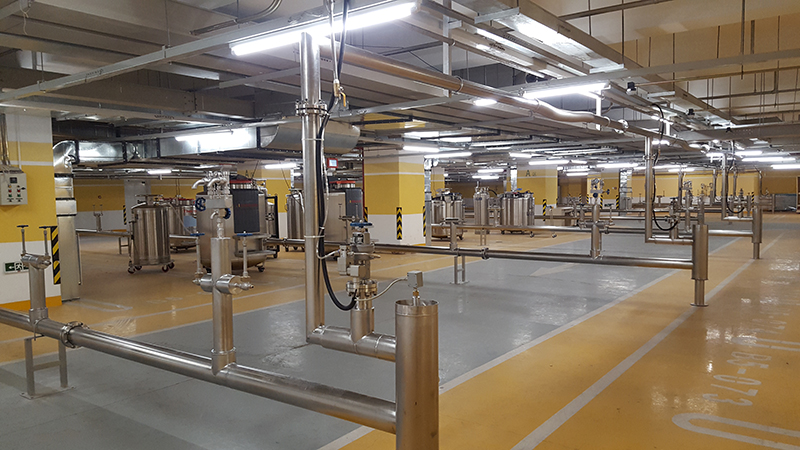In biotechnology, the need to store and transport sensitive biological materials, such as vaccines, blood plasma, and cell cultures, has grown significantly. Many of these materials must be kept at ultra-low temperatures to preserve their integrity and effectiveness. Vacuum insulated pipes (VIP) are a key technology in ensuring the safe and efficient cryogenic transport of these substances. By providing superior thermal insulation, vacuum insulated pipes are critical in biotechnology for maintaining the required low temperatures during storage and transport.
What Are Vacuum Insulated Pipes?
Vacuum insulated pipes are designed to minimize heat transfer between the inner pipe, which holds cryogenic fluids, and the outer environment. These pipes consist of an inner pipe that carries the cryogenic liquid and an outer insulating layer, separated by a vacuum. The vacuum reduces thermal conductivity, ensuring that the contents inside the pipe remain at a stable, low temperature. This technology is particularly crucial for industries such as biotechnology, where temperature control is paramount.

Role of Vacuum Insulated Pipes in Biotechnology
In biotechnology, vacuum insulated pipes are primarily used for the transportation and storage of liquid nitrogen (LN2), liquid oxygen (LOX), and other cryogenic liquids. These cryogens are vital for the preservation of biological samples and the operation of cryopreservation systems, which are essential for processes like cell banking, tissue storage, and even organ preservation. The ability to maintain ultra-low temperatures during transport and storage ensures that biological materials retain their viability and quality.

Benefits of Vacuum Insulated Pipes for Cryogenic Storage
The use of vacuum insulated pipes in biotechnology offers several key advantages. First, they provide highly effective insulation, preventing temperature fluctuations that could compromise the integrity of sensitive biological materials. Second, the pipes reduce the risk of vaporization or leakage of cryogenic fluids, which can be costly and dangerous. Additionally, vacuum insulated pipes are more efficient than other insulation methods, leading to reduced energy consumption and lower operational costs.

Future Outlook for Vacuum Insulated Pipes in Biotechnology
As the demand for biotechnology products continues to grow, the role of vacuum insulated pipes in cryogenic applications will become increasingly important. With advances in pipe materials and insulation technologies, future vacuum insulated pipe systems will offer even greater efficiency and reliability, supporting the expanding needs of the biotechnology industry. As biotechnology continues to innovate, these pipes will be crucial for enabling safe and cost-effective transport of life-saving biological materials.

In conclusion, vacuum insulated pipes are indispensable for maintaining the ultra-low temperatures required in biotechnology applications. By offering superior thermal insulation and reducing the risks of cryogenic fluid loss, these pipes play a vital role in ensuring the safety, efficiency, and reliability of cryogenic storage and transport systems in the biotechnology industry.
Post time: Nov-29-2024






